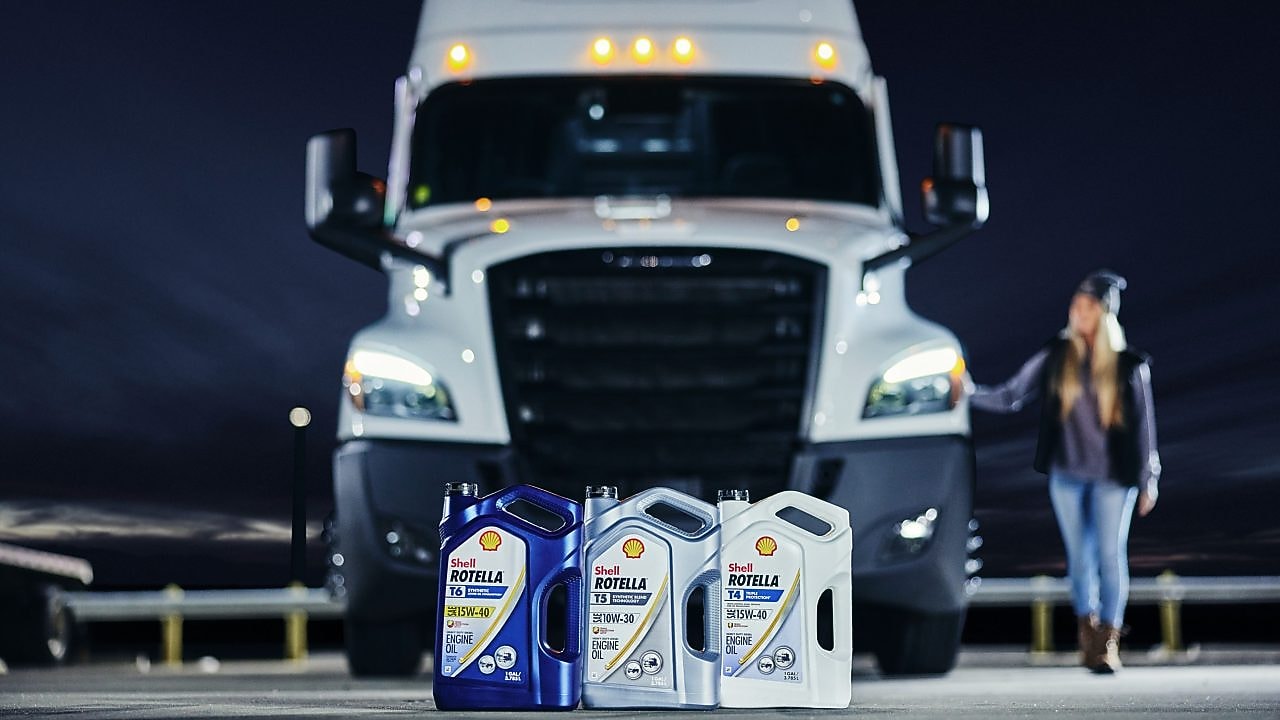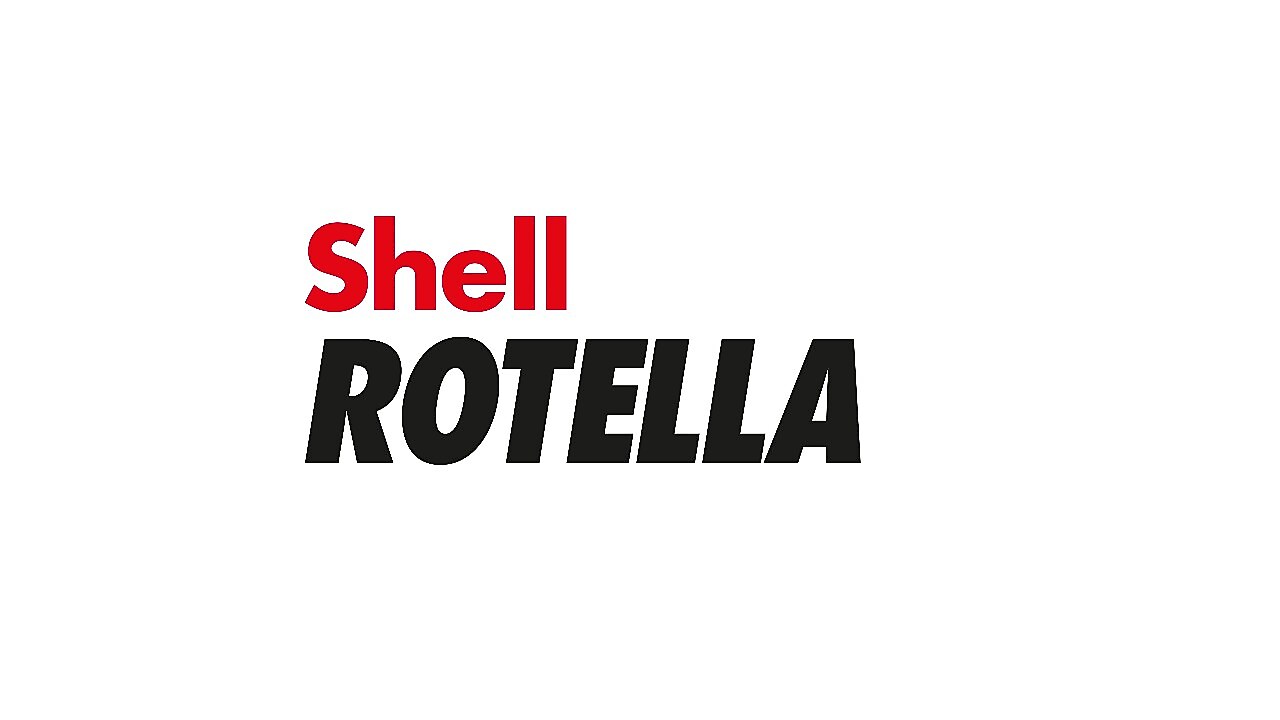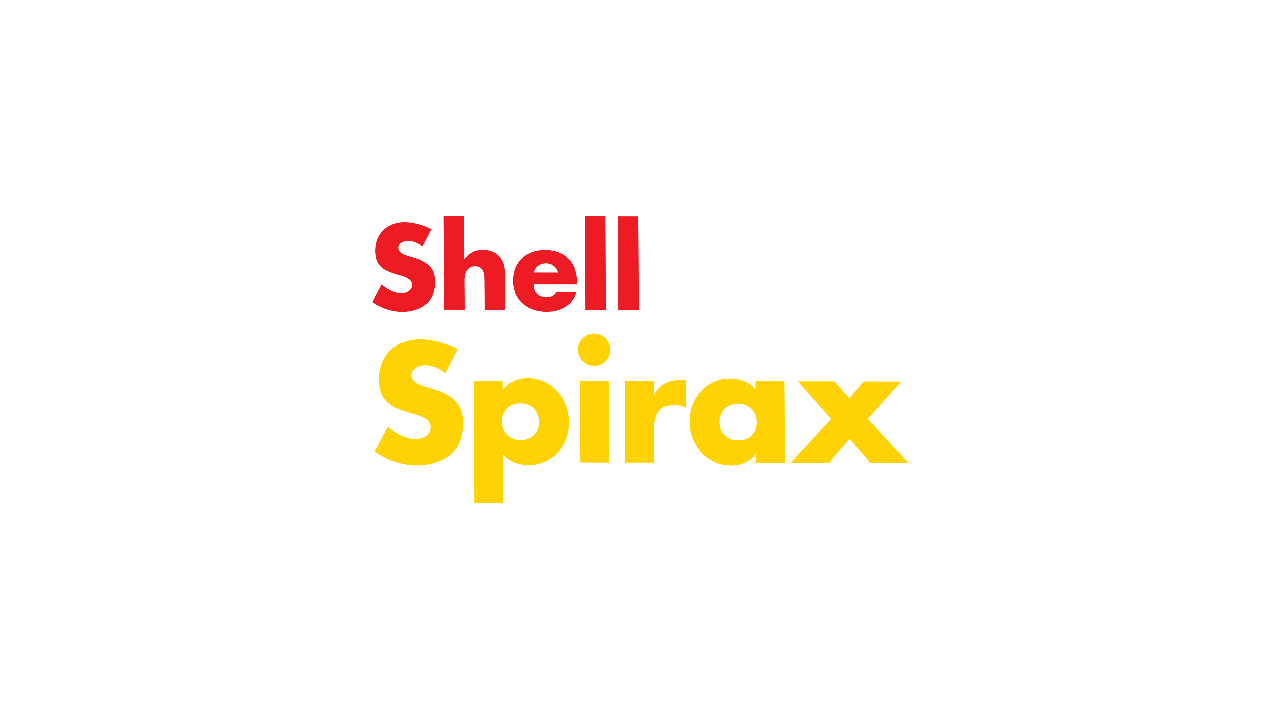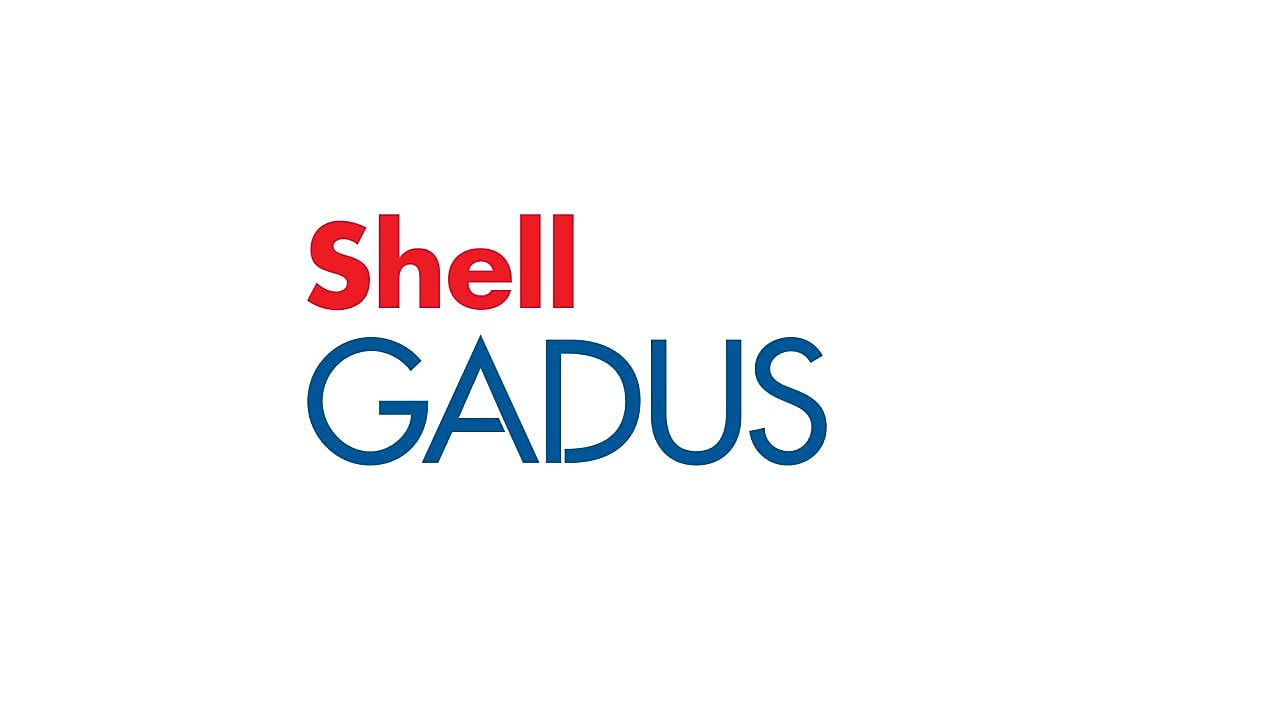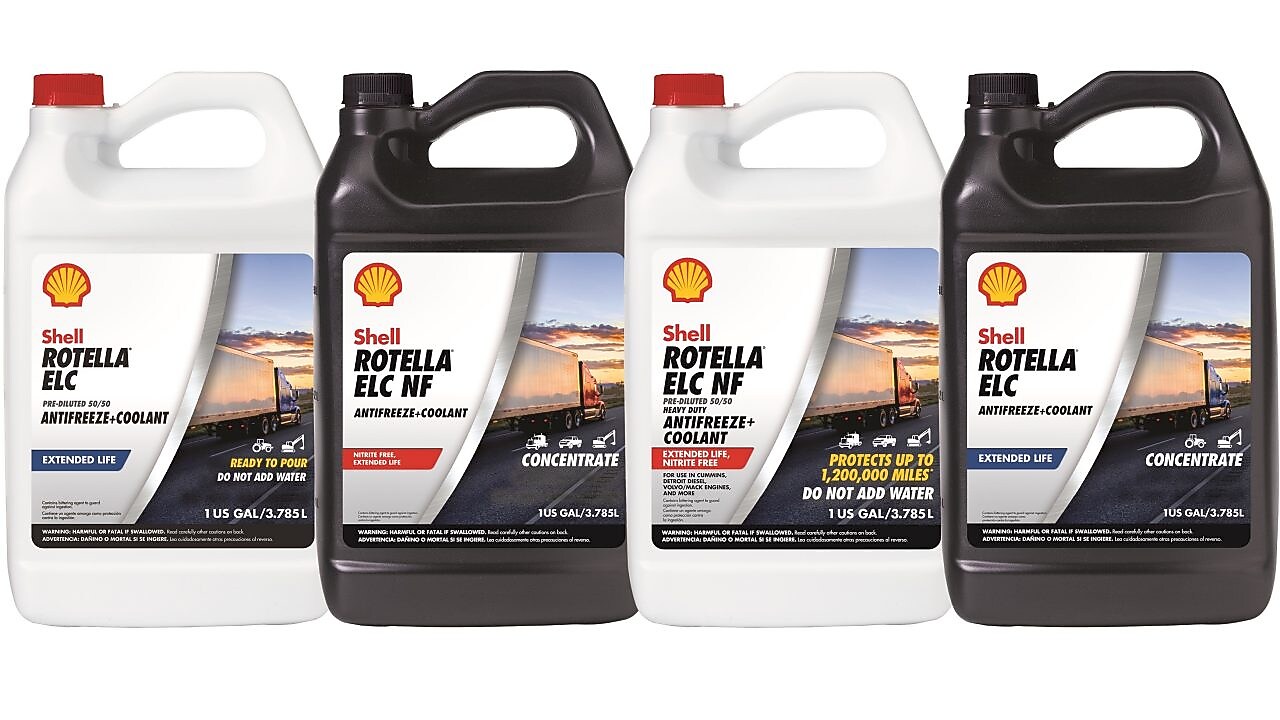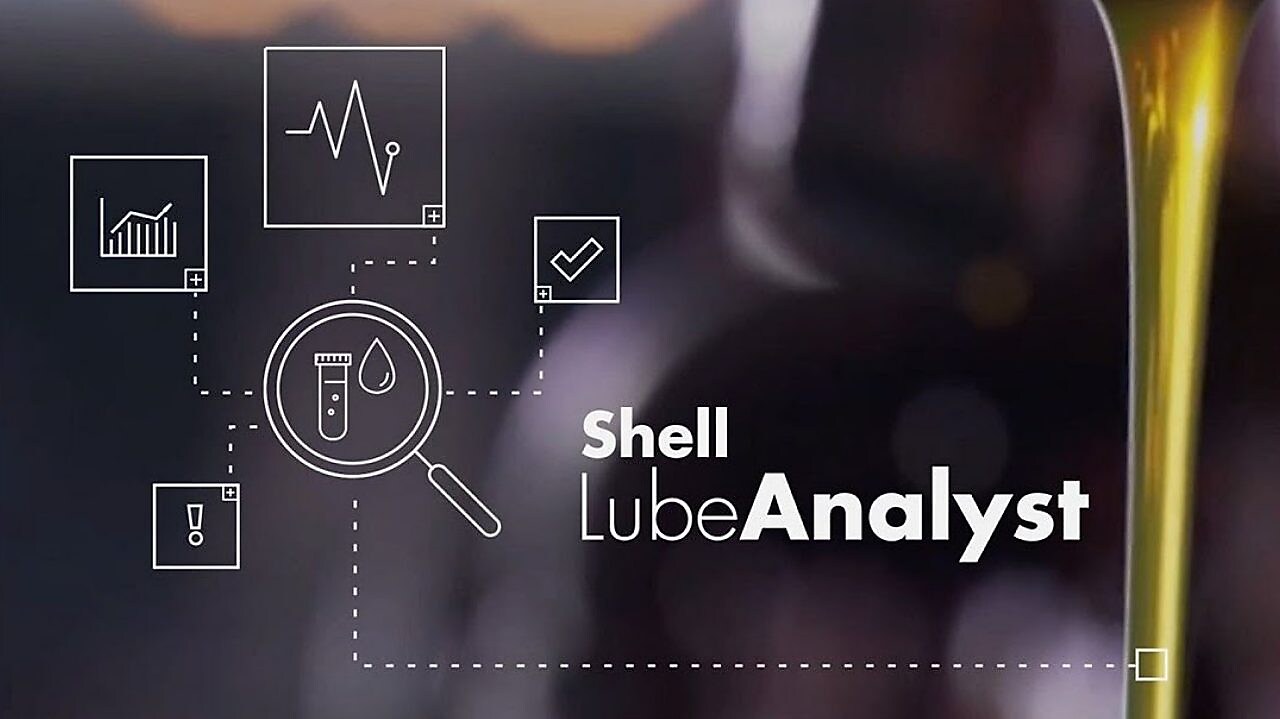
Fleet
As competition grows, your fleet needs to be more efficient and more effective. But today there are new pressures to meet regulations and operate responsibly. Trust Shell to provide the industry-leading products and solutions you need to move ahead.
On-highway Fleet

1. Shell Rotella® heavy-duty engine oil
Read more about Shell Rotella® heavy-duty engine oils
2. Shell Spirax
Designed to help keep your driveline components protected and operating efficiently.
Read more about Shell Spirax axle and transmissions oils
3. Shell Gadus
Formulated for enhanced component protection and long life.
Explore Fleet products
Explore Fleet services
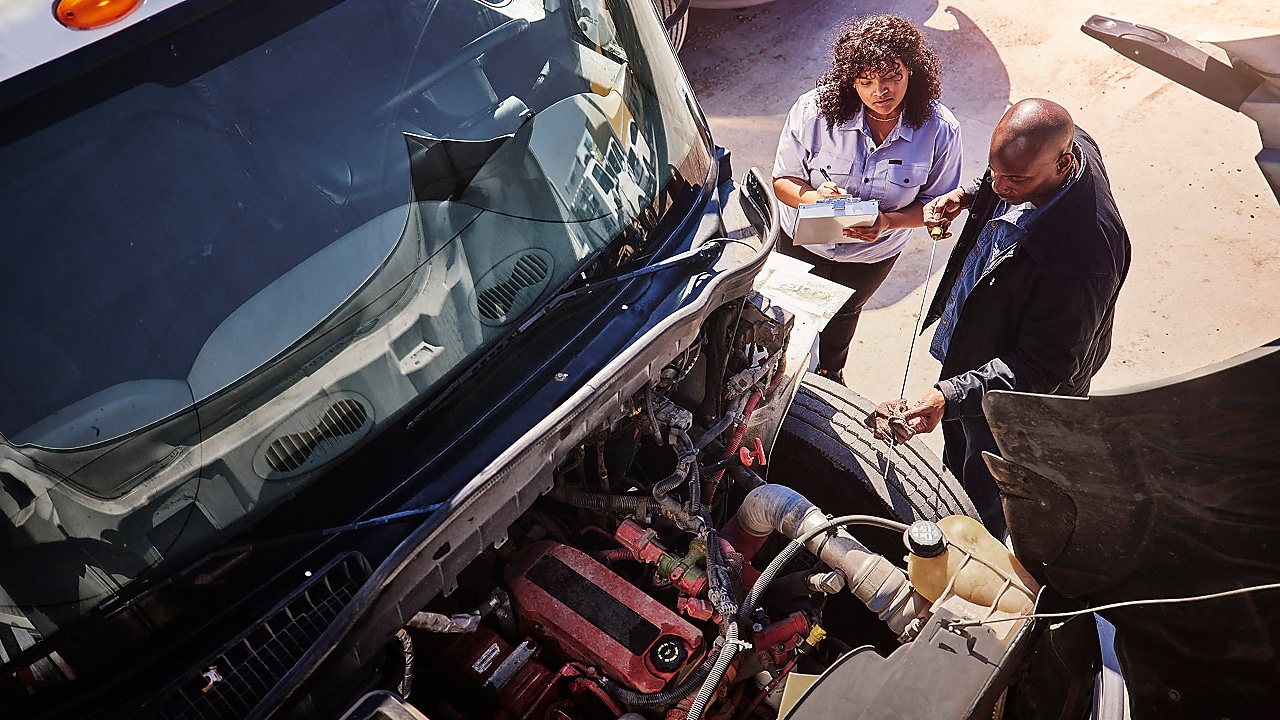
Get Ready for the Future of Heavy-Duty Engine Oil: Discover PC-12 Today
PC-12 is the next generation of heavy-duty engine oil standards, designed to meet stricter emissions regulations. Learn how Shell Rotella® is helping fleets and owner-operators prepare for this industry shift coming in 2027.
Learn More About PC-12
